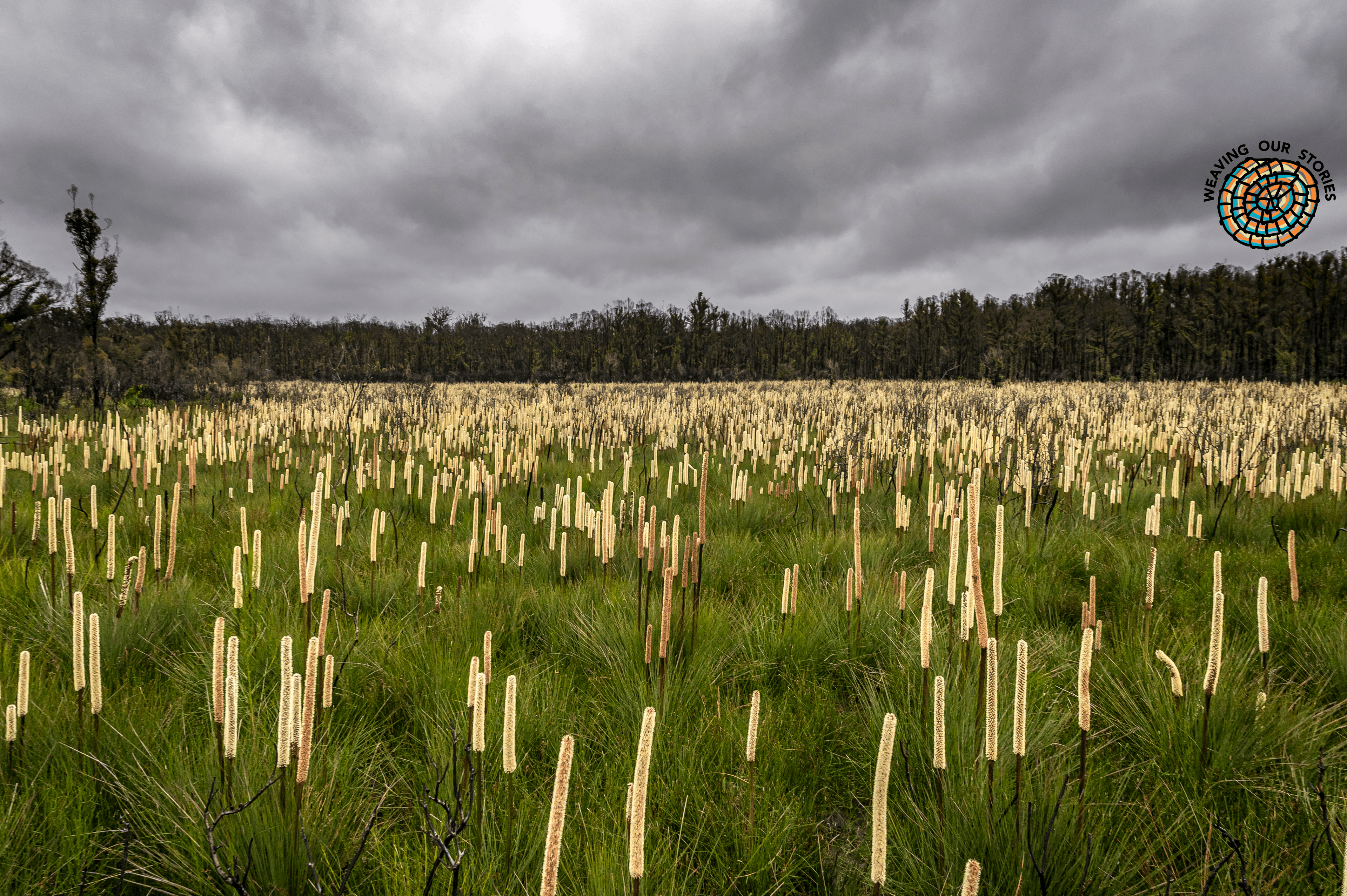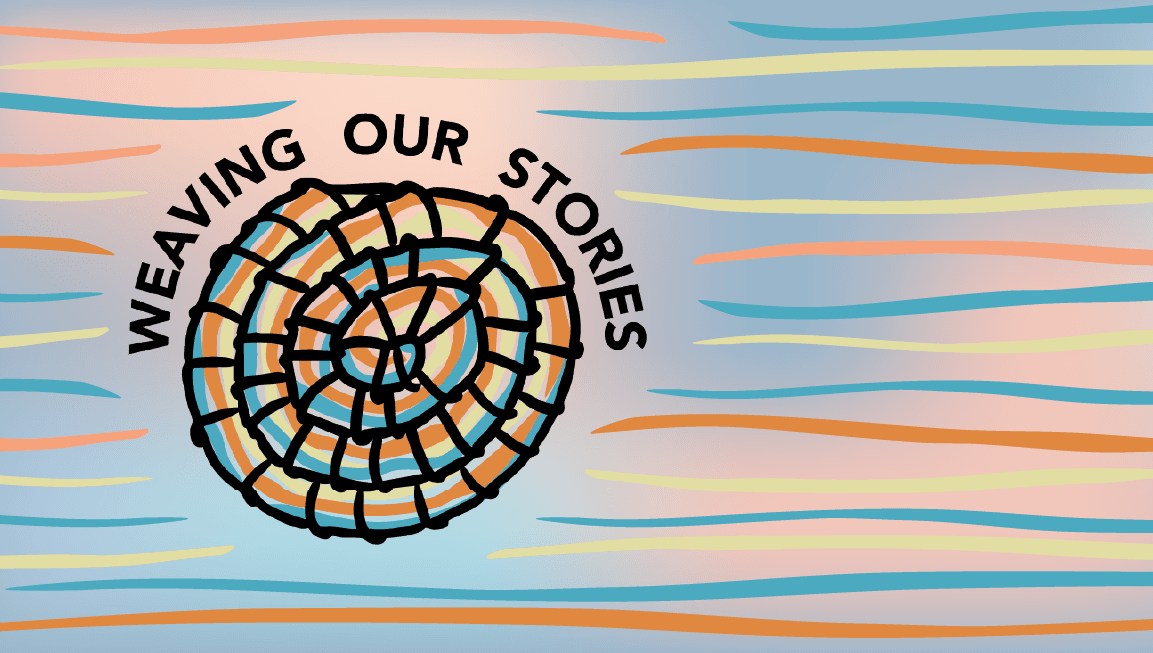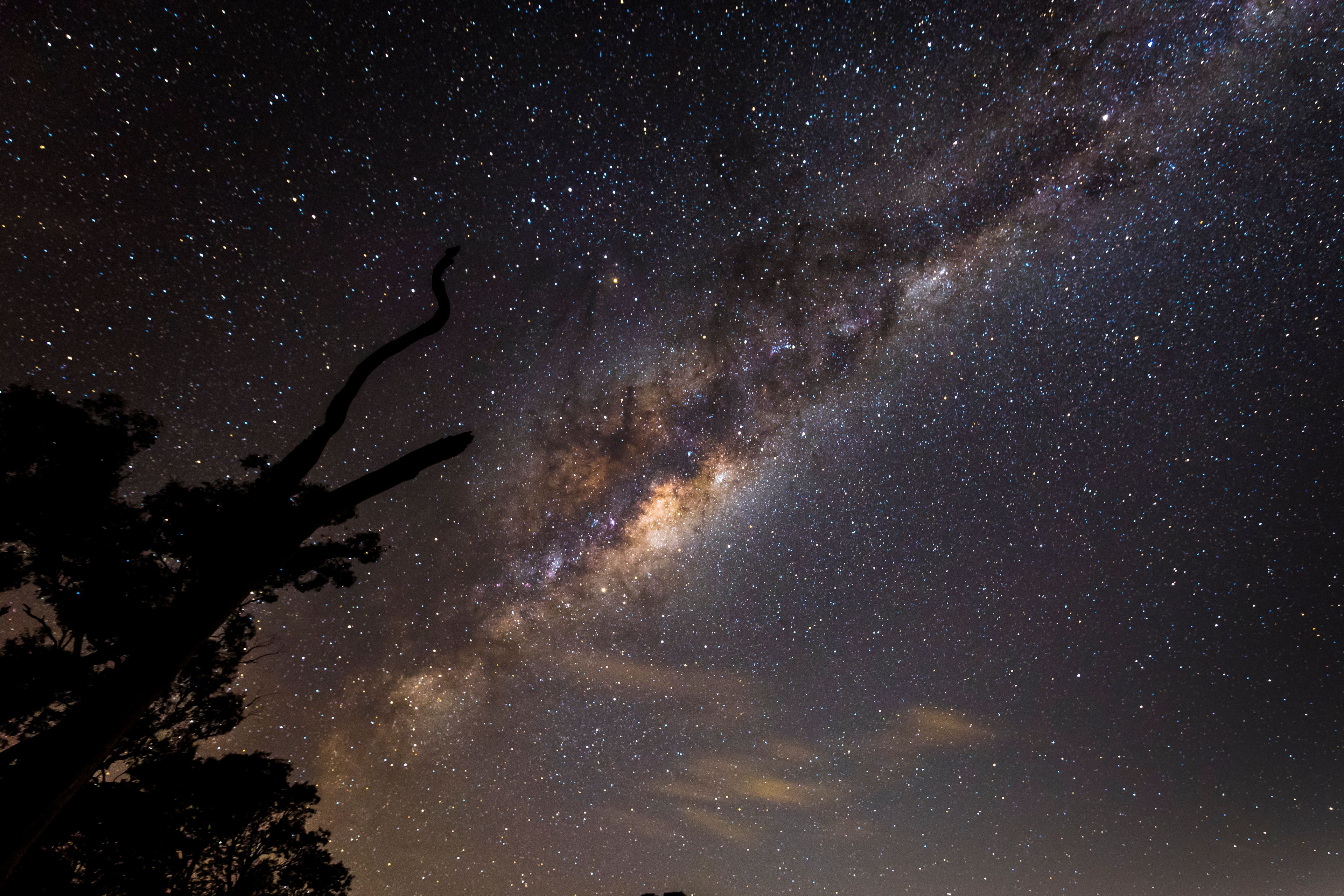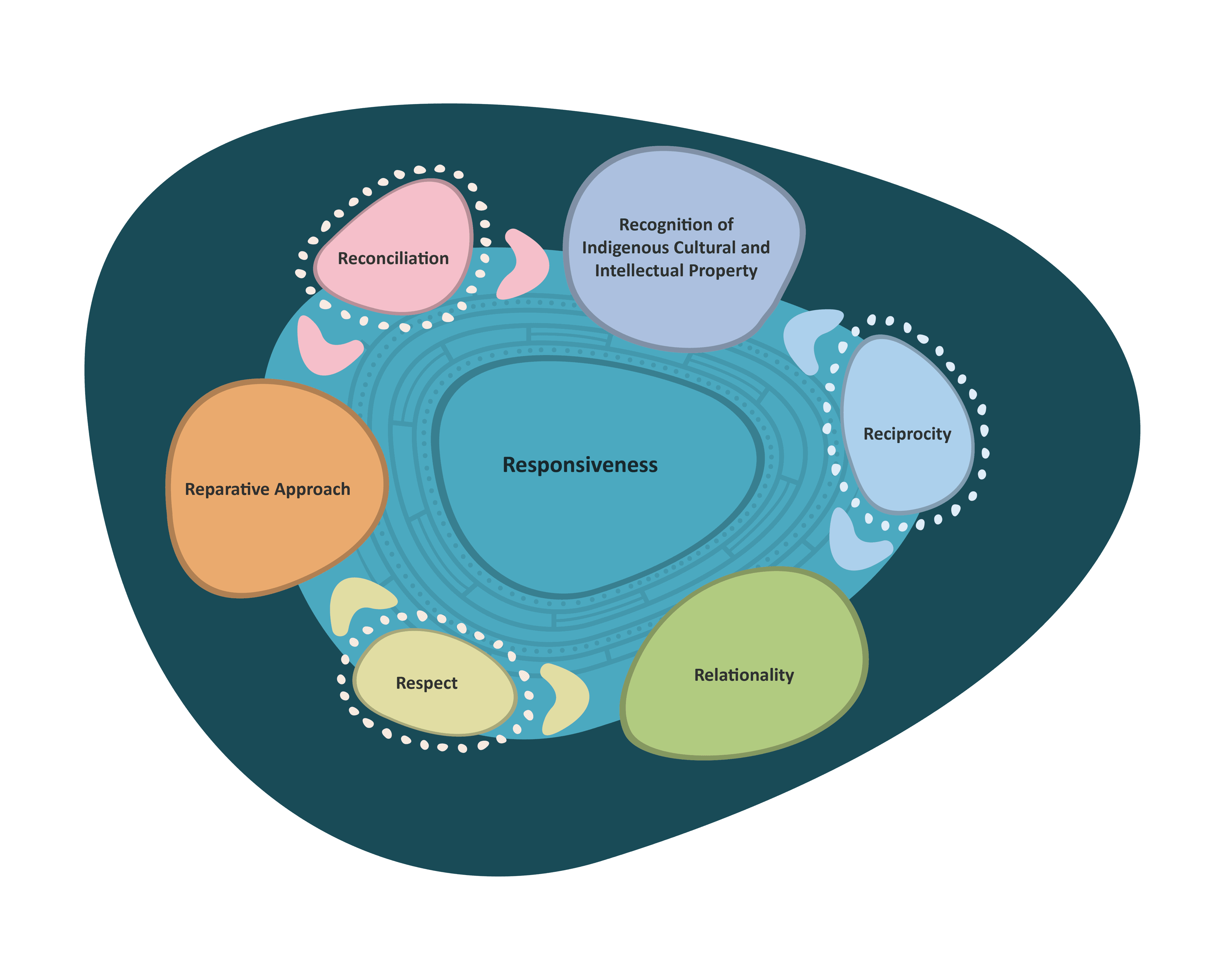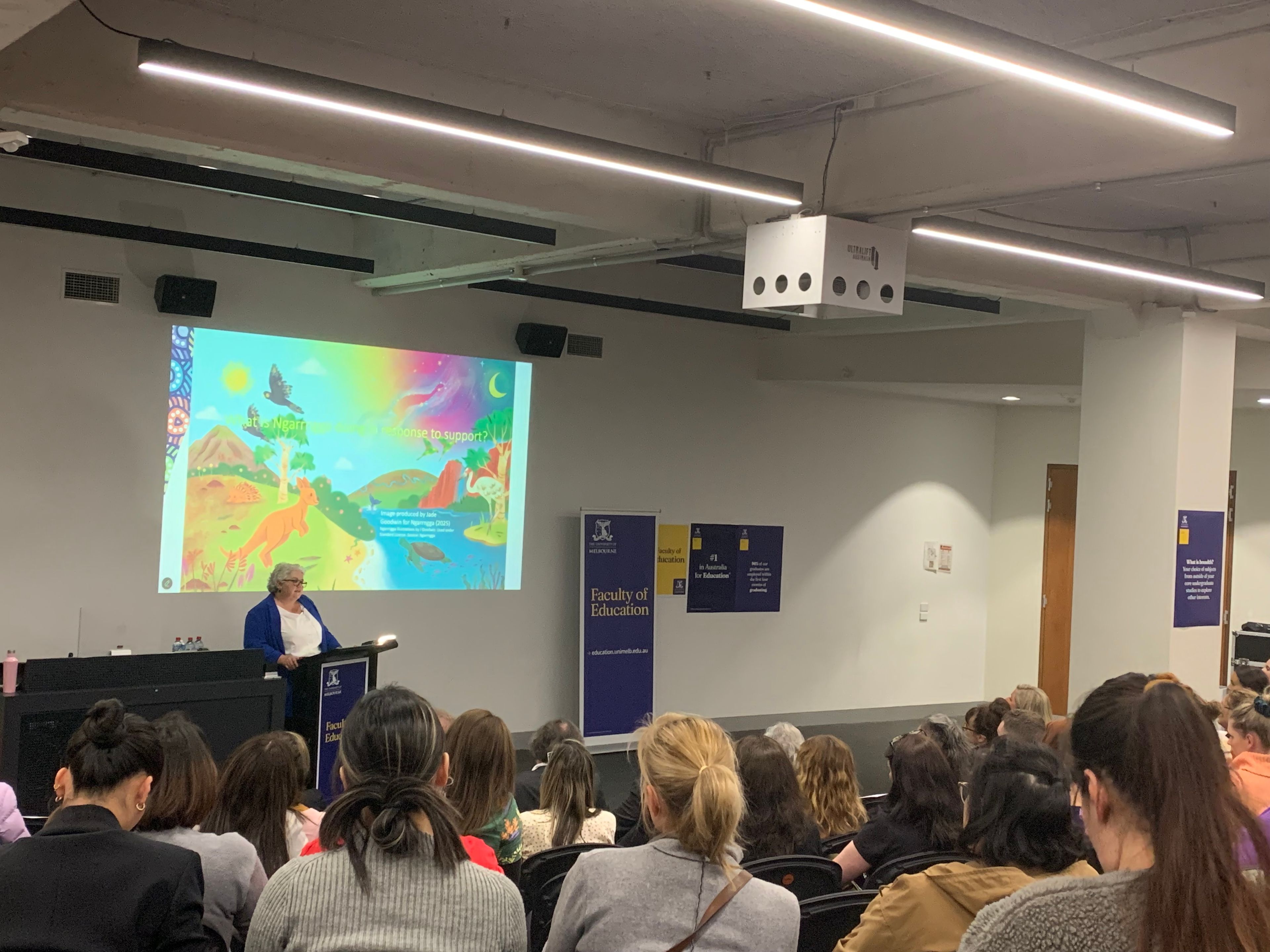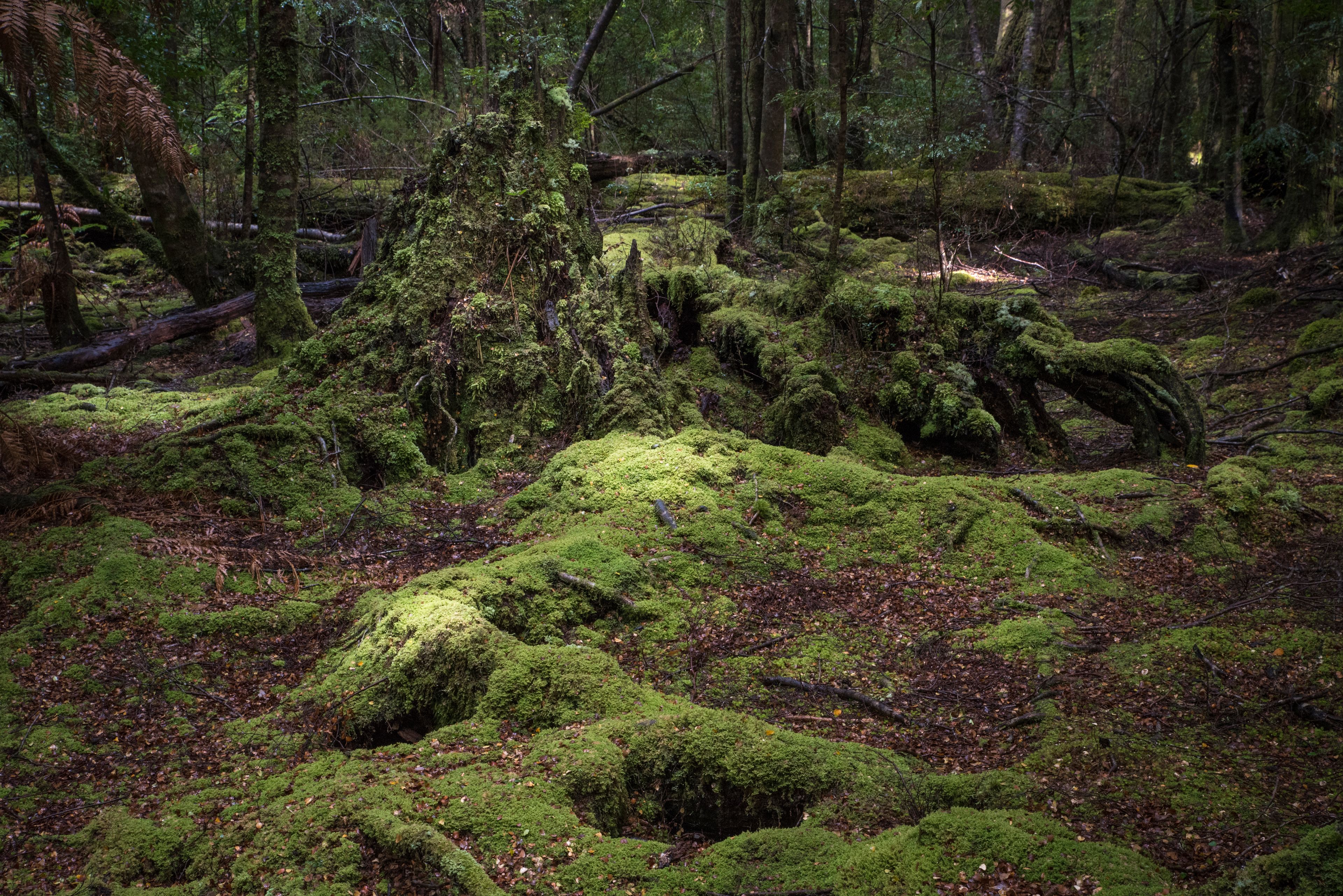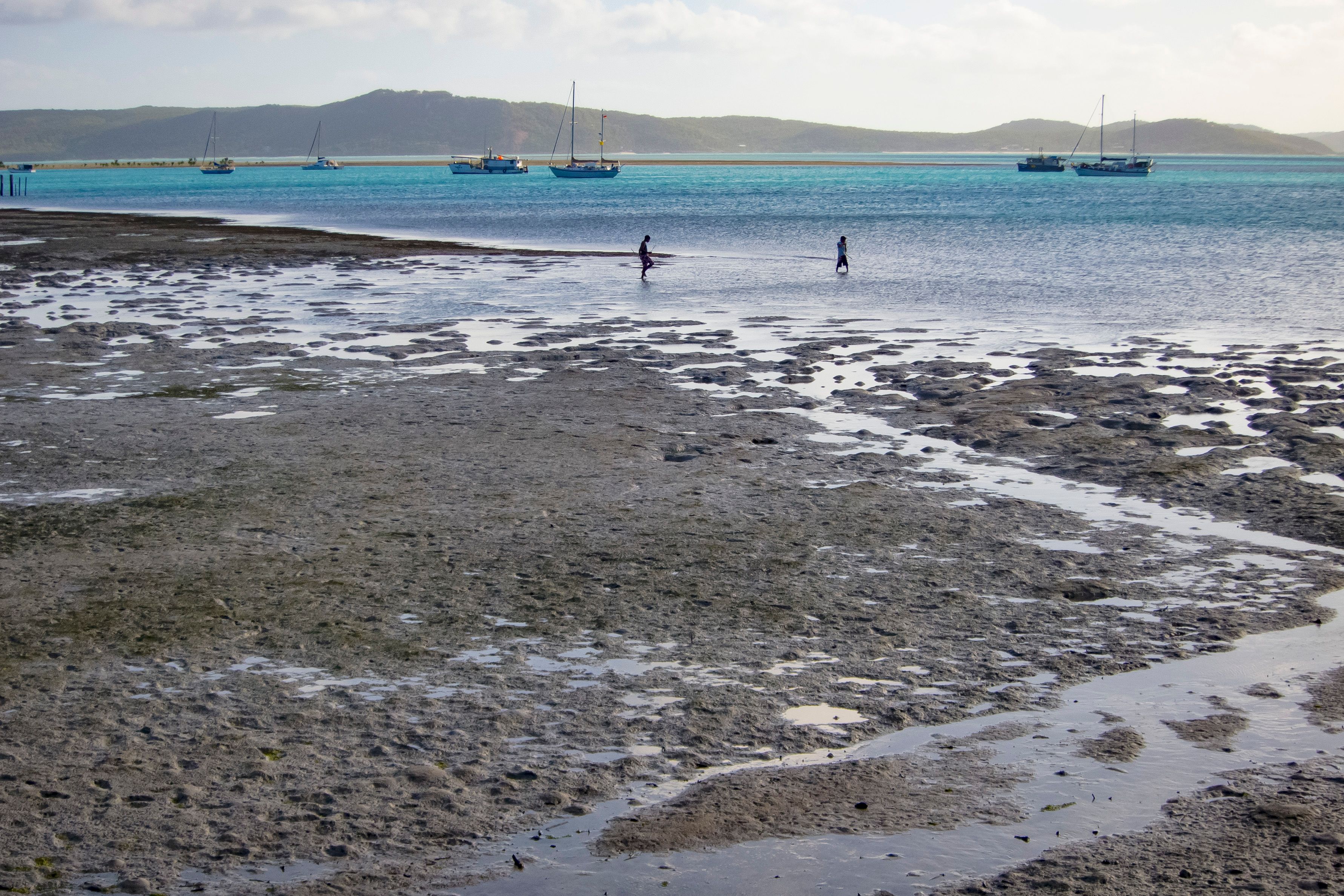Home/Stories and news/Reconciliation in Education Forum
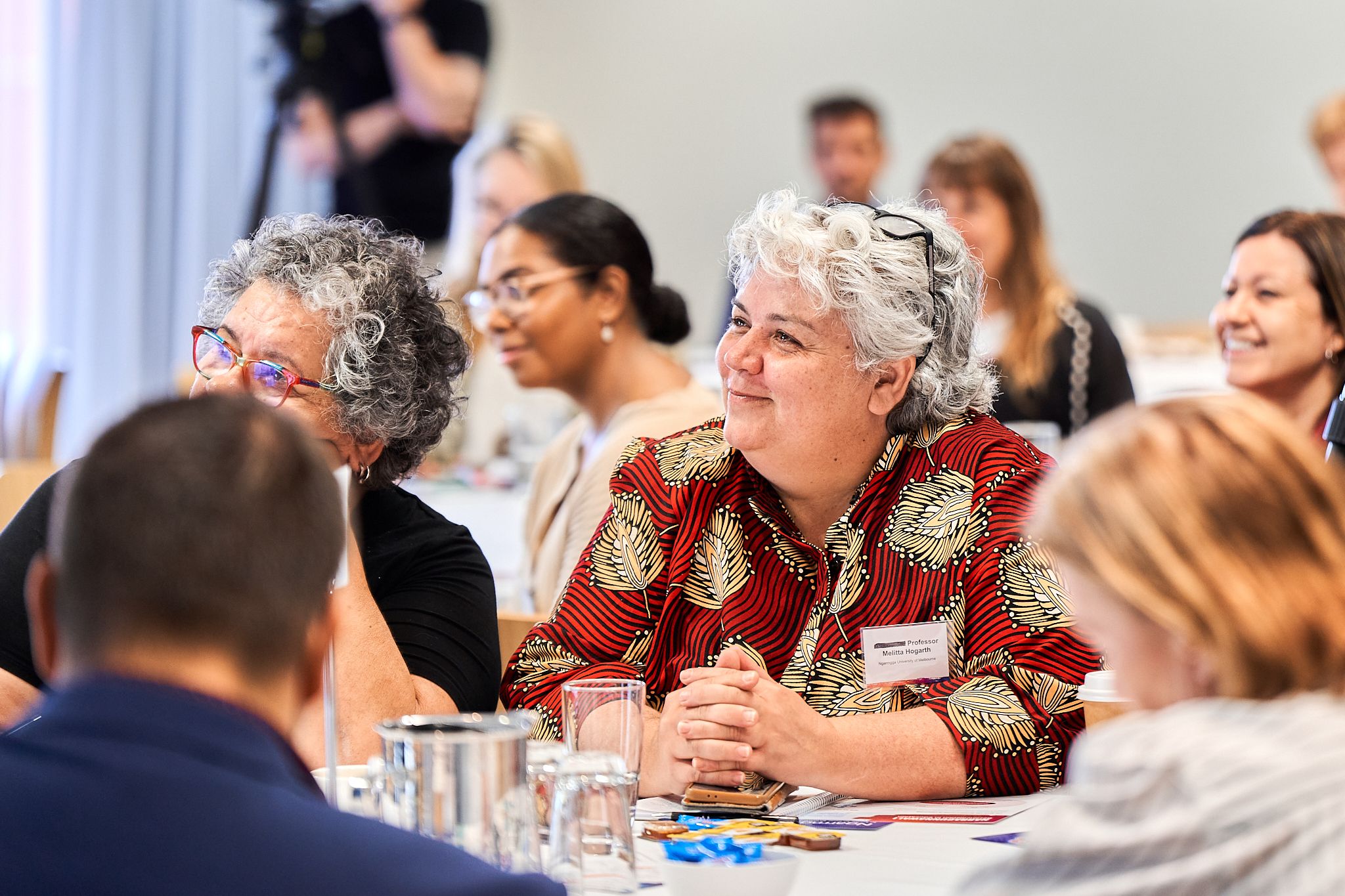
Reconciliation in Education Forum
Professor Melitta Hogarth (centre) surrounded by Forum participants. Ngunnawal, Ngunawal and Ngambri country. Tom Hoy. (c) Wirrim Media
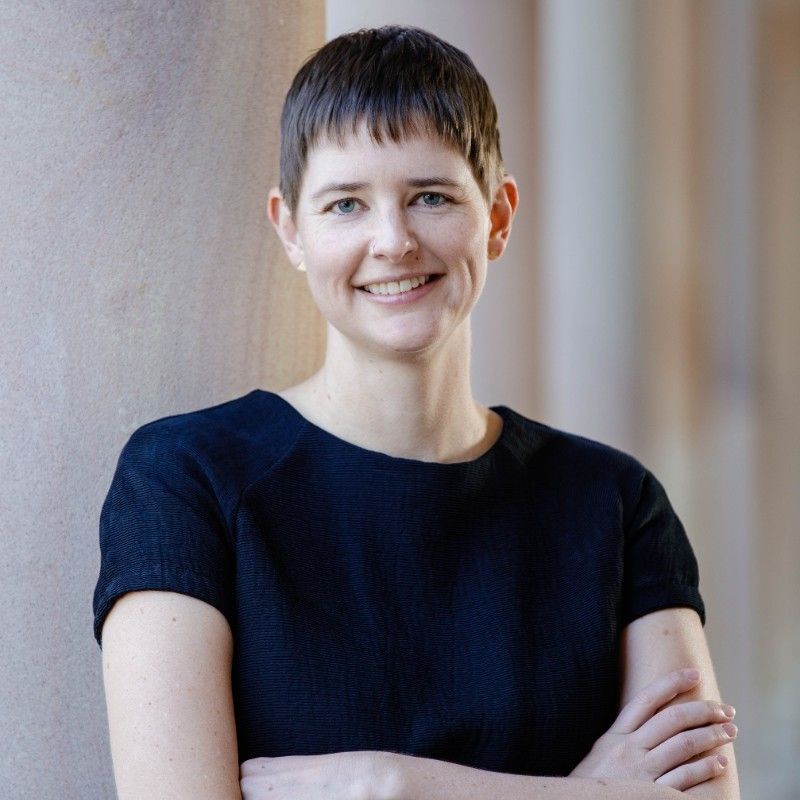
Lucy Buzacott
Lucy Buzacott
Lucy Buzacott is the Program Manager of Ngarrngga.
On Friday 24 November Ngarrngga co-hosted with Reconciliation Australia’s Narragunnawali education program a day-long forum, Reconciliation in Education: Past-Present-Future. This event brought together leading experts in education and the teaching of First Nations histories and cultures for a robust discussion about the past, present and future of education in Australia.
Ngarrngga Project Director Professor Melitta Hogarth said education plays a key role in shaping future Australian citizens so the opportunity to learn shared histories is critically important. “It allows for non-Indigenous peoples in Australia to understand this history and the reasons why there is a disconnect within Australian society," she explained.
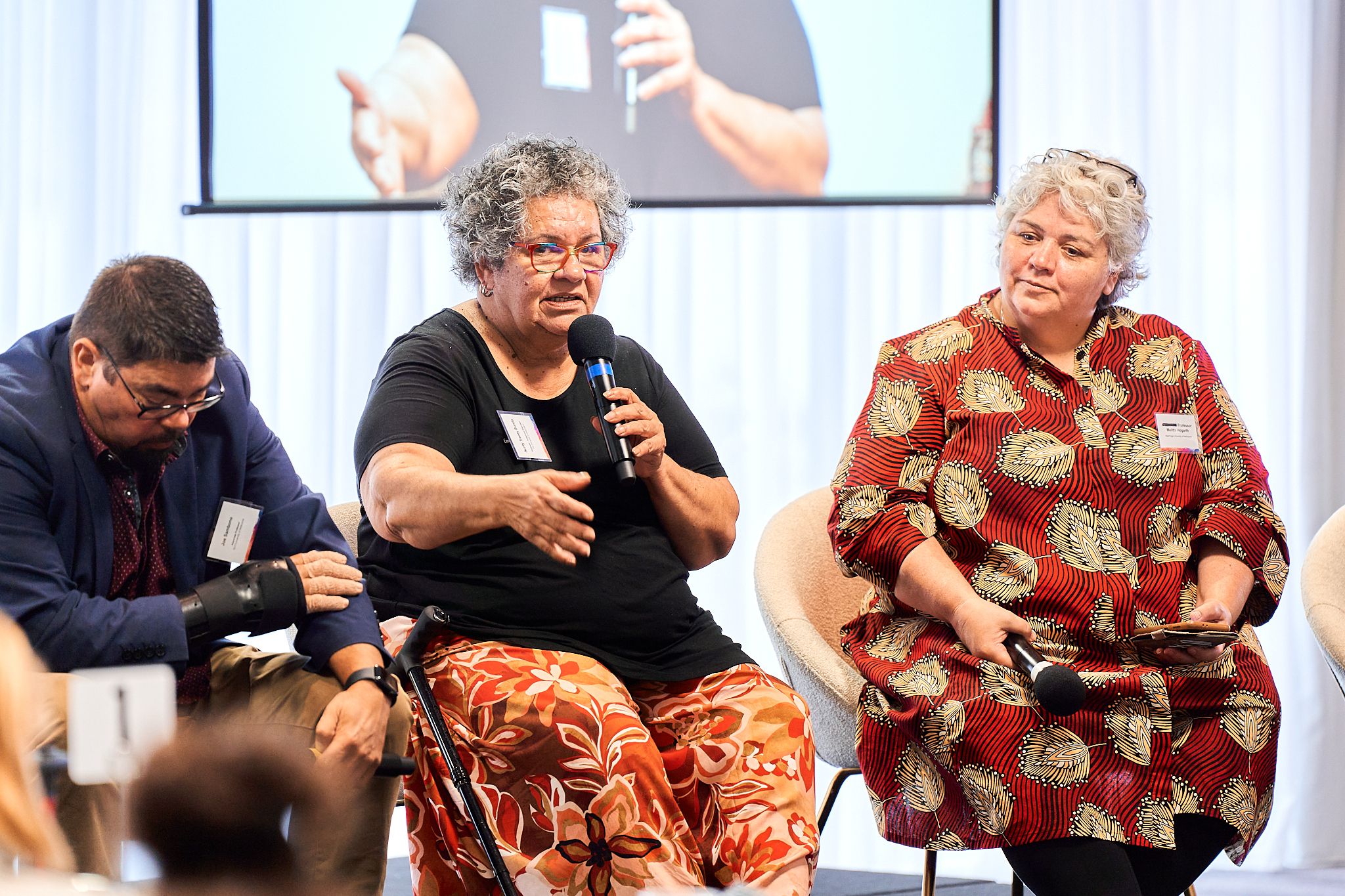
L-R: Ngarrngga Curriculum Lead Joe Sambono, Professor Tracey Bunda, Ngarrngga Project Director Melitta Hogarth. Photography: Tom Hoy, Wirrim Media
"The new curriculum, if implemented with proper resources and teacher training, will promote reconciliation and improved relationships between the very diverse cultural groups within Australian society.”
Speakers at the event included Ngarrngga Project Steering Committee member Professor Marcia Langton AO, as well as Professor Tom Calma AO, Aunty Geraldine Atkinson, and Hayley McQuire.
Panels and forum guests considered essential and timely questions including: What are the critical junctures of the past, present and possible futures for education systems in Australia?
What are the possible futures for Indigenous education and reconciliation? What are the challenges and successes that demand attention?
What are the current and possible future directions for Indigenous education and reconciliation in Australia?
Full outcomes of the Forum, including next steps for these important discussions, will be published in 2024, with these essential conversations ongoing as they inform the future work and potential collaborations of Ngarrngga and Narragunnawali.
